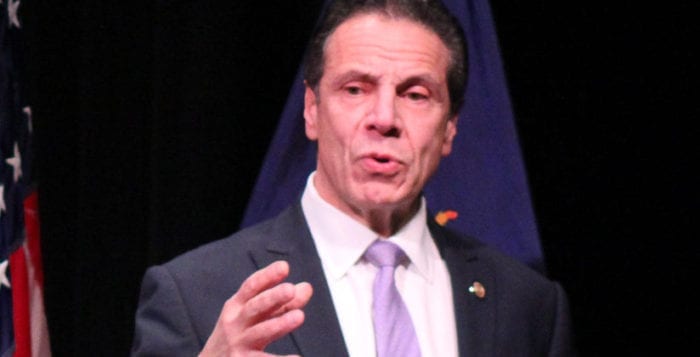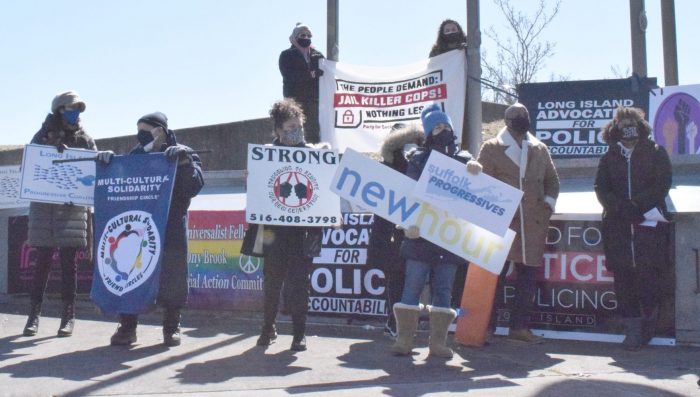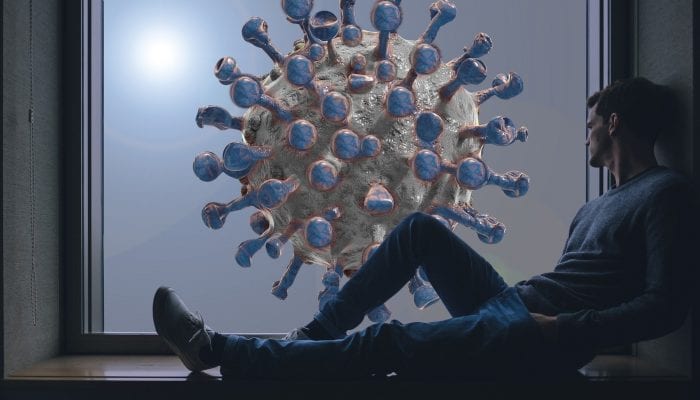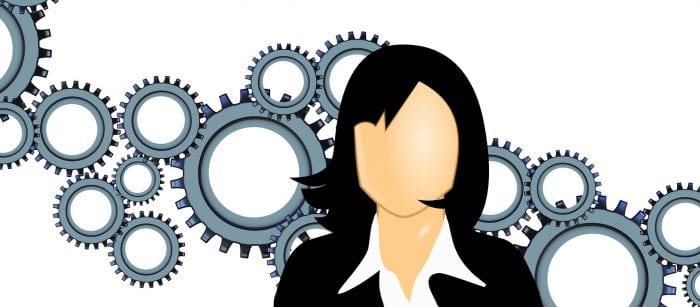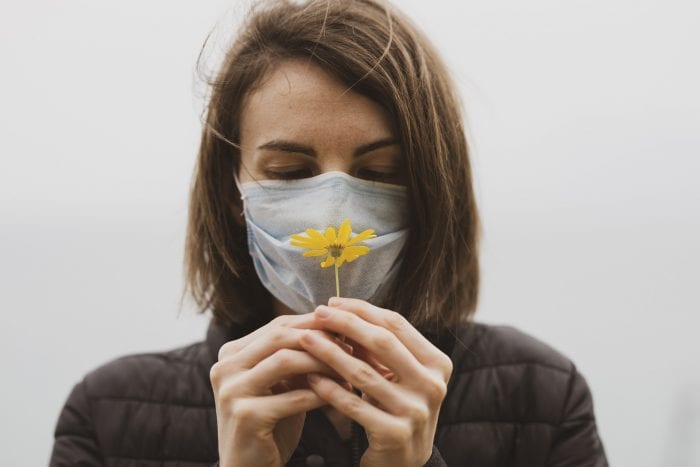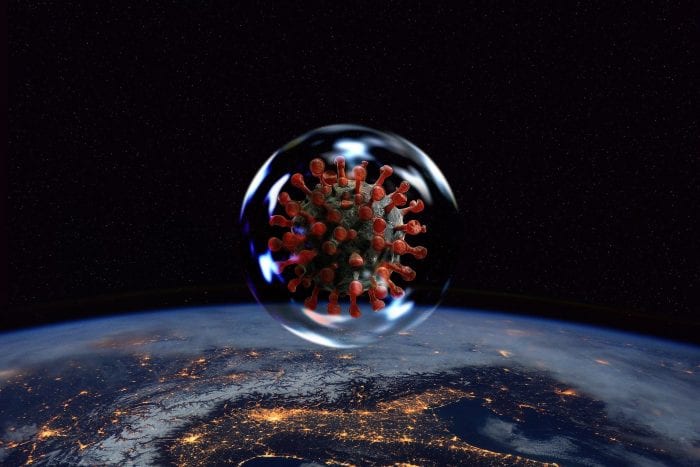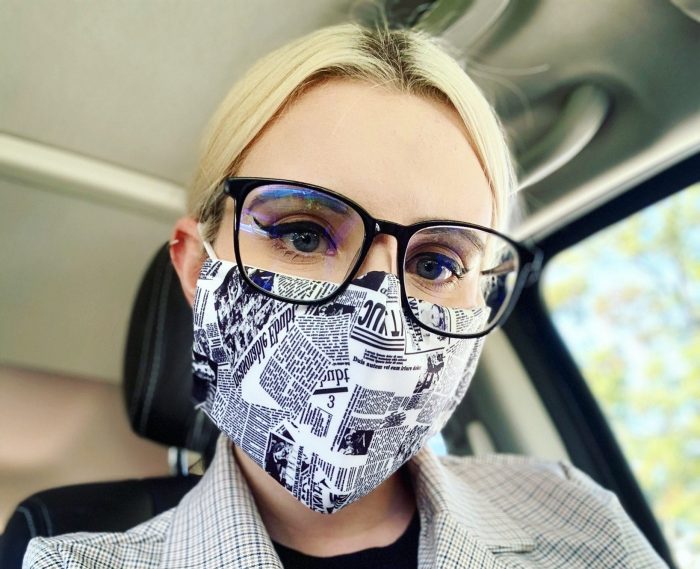To hear that New York Gov. Andrew Cuomo (D) has been accused of sexual harassment is distressing, but to read that many elected officials would like to see the governor resign or be impeached is just as disappointing.
While all of the women’s allegations should be taken seriously and investigated thoroughly, Cuomo just like any other American deserves due process. Innocent until proven guilty is one of the cornerstones of our democracy. He deserves that process, too.
To ask the governor to resign or impeach him, would not only go against due process, but it would go against the wishes of the majority of New Yorkers who voted him in office.
We understand that Cuomo has exhibited behavior in the past that may seem aggressive or arrogant. The potential that he could have committed such acts is there, but until the alleged victims and witnesses are thoroughly questioned, a decision about his future as New York governor must be put on hold.
No matter what the outcome, this is a lesson for all. For men, it’s time to understand that women are their equals and must be treated as such. Women are not playthings or ornaments to be ogled or fondled at a man’s desire. Females just like males have talents and skills and contribute to society. Just like their male counterparts, they have the right to feel comfortable in their workplace and every space for that matter.
The 20th century is more than 20 years behind us. Women are more than wives and mothers, they are teachers, doctors, lawyers, legislators, journalists, scientists, CEOs and so much more. It is time to recognize and respect the strides women have taken throughout the decades by treating them with the respect they deserve. No person should ever feel uncomfortable in any circumstance, especially in a workplace, because they feel someone will touch them in inappropriate places or talk about uncomfortable topics.
But it still happens. No matter how many sexual harassment trainings there are, there is always someone somewhere who thinks it doesn’t apply to them.
And it doesn’t have to be someone inappropriately touching you or making you do something you don’t wish to do. It could be a remark, a comment, an email or a note. We’ve seen and heard it all. For years, women didn’t want to speak up. They felt like they couldn’t. Now, thanks to the #MeToo movement and other women sharing their stories, they are able to discuss what they’ve been through and people are now listening.
For women, this is a reminder to speak up when we see something inappropriate. If someone crosses the line, it’s OK to say, “No,” or “Stop.” Or, whatever you need to say or do to make the behavior stop. If it continues, have the strength to report the person to human resources and file a complaint. Even in social situations, it’s OK to tell family and friends you will no longer be at social gatherings if a certain person attends.
Of course, as human beings, we all have different boundaries and senses of humor, but if you laugh at a joke that you know women will find offensive, don’t hesitate to say, “I know I laughed, but others may find that inappropriate.”
Last but not least, we must educate our boys and girls. It’s important that they learn that everyone should be treated equally. We must always take their pains and discomforts seriously, ask the right questions to get to the heart of the matter. This way they can forge ahead in life knowing that if they feel boundaries have been crossed, they have the confidence to speak up.
Women and men have been at odds for too long. It’s time to unite. It starts today with respect for all and believing that a person is innocent until proven guilty.

